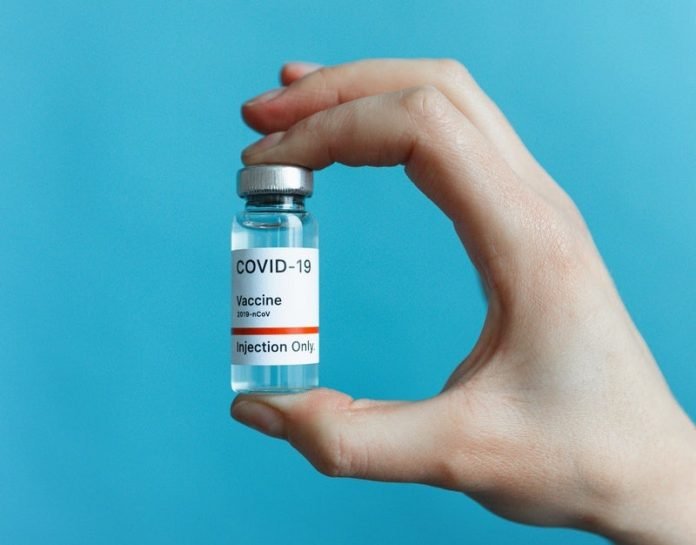
In a new study from the Weizmann Institute of Science, researchers found among Israeli adults aged 60 years and older, those receiving a third booster dose of the Pfizer-BioNTech COVID-19 vaccine have much lower risks of COVID-19 and severe illness than people who only receiving the two original vaccine doses.
They compared the rate of confirmed COVID-19 cases and the rate of severe illness (July 30 through Aug. 31, 2021) between those who had received a booster injection at least 12 days earlier (booster group) and those who had not received a booster injection (nonbooster group).
The analysis included 1,137,804 people ages 60 years and older who had been fully vaccinated at least five months earlier.
The team found that ≥12 days after the booster dose, the rate of confirmed infection was lower in the booster group than in the nonbooster group by a factor of 11.3.
Similarly, the rate of severe illness was lower by a factor of 19.5. Compared with the rate of infection four to six days after the booster, the rate of confirmed infection ≥12 days after vaccination was lower by a factor of 5.4.
These findings give clear indications of the effectiveness of a booster dose even against the currently dominant delta variant.
The team says future studies will help determine the long-term effectiveness of the booster dose against current and emerging variants.
If you care about COVID, please read studies about common cholesterol-lowering drugs may reduce death risk in severe COVID-19 and findings of autopsy study shows how COVID-19 damages the brain.
For more information about COVID and your health, please see recent studies about 16 drugs that could treat COVID-19 and results showing that aspirin and other common anti-inflammatory drugs could help prevent COVID-19 deaths.
The study is published in the New England Journal of Medicine. One author of the study is Yinon M. Bar‑On.
Copyright © 2021 Knowridge Science Report. All rights reserved.



